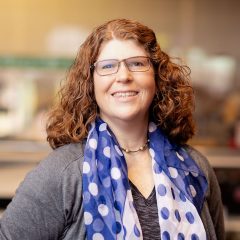
Announcing Our Newest Zingerman’s Stewardship Council Member
We’re governing with grace… and Grace (Grace Singleton, that is!) “Is Zingerman’s still run by its founders?” you ask. That’s a great question. We’ll answer with a tale, both old and new (just like our pickles!). What began with the Delicatessen, founded in 1982 by Paul Saginaw and Ari Weinzweig, now includes 11 food and […]
Read more »
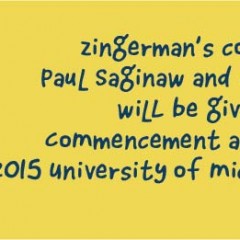
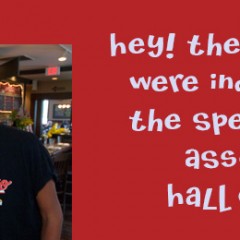
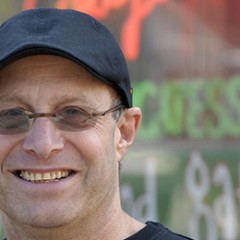
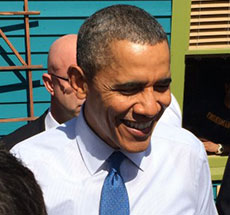
Zingerman’s Art for Sale